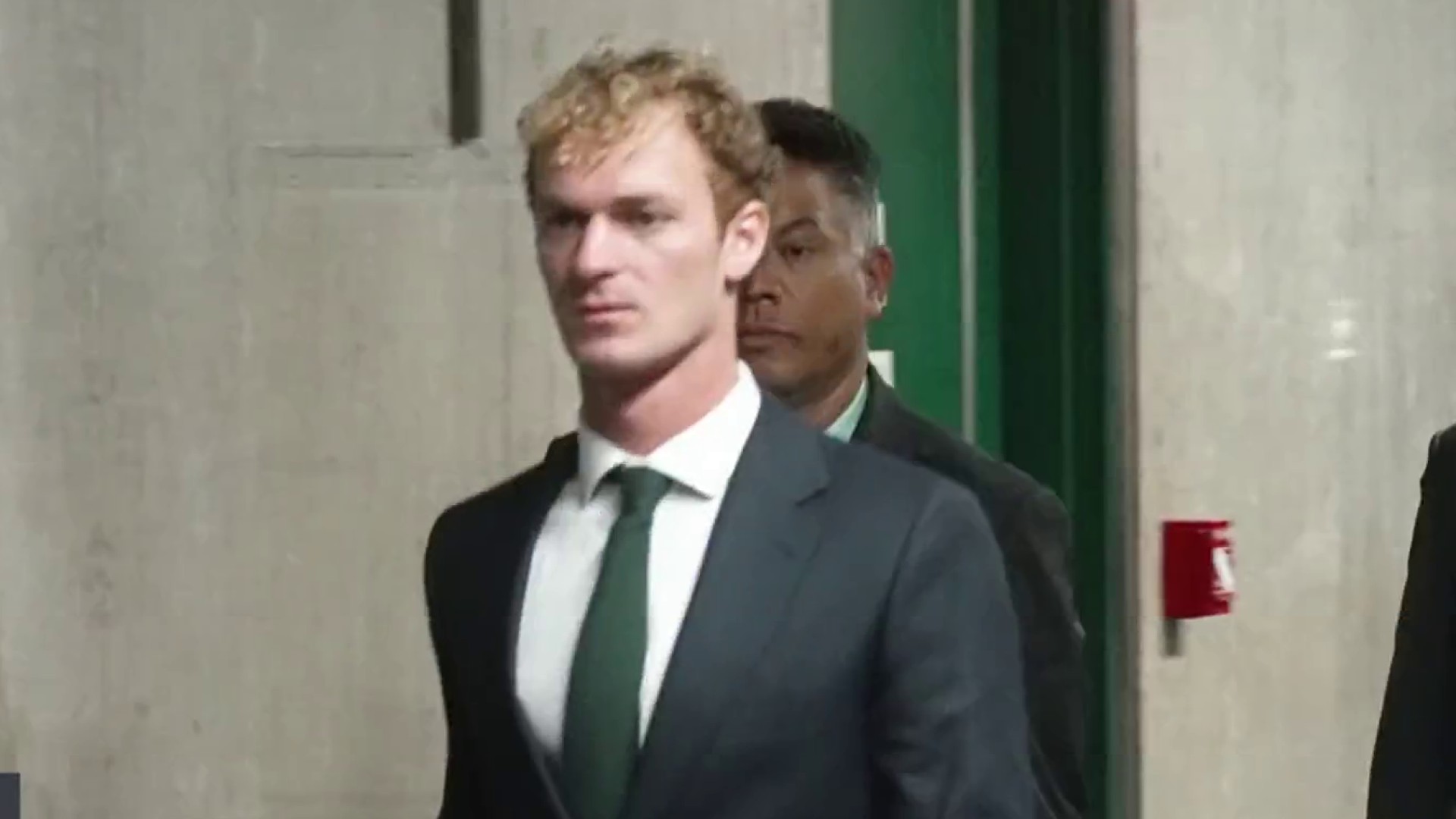Urgent care centers, where speedy service is promised and walk-ins are welcome, are becoming an increasingly popular recourse for sick or hurt people across the tri-state area looking for quick remedies to everyday health concerns.
Many say the centers provide a level of access to treatment that wouldn't otherwise exist, but the rapid growth of the industry has some calling for tighter regulations -- and more transparency when it comes to communicating with patients about who is treating them.
Consider the case of 39-year-old George Trovato, who went to Island Urgent Care in Wading Rivers three years ago complaining of joint pain. A physician assistant treated the father of two and recommended exercise; within a few weeks Trovato had a heart attack and died.
Trovato's wife, Jennifer Trovato, who filed a medical malpractice lawsuit against the urgent care center, told NBC 4 New York her family found out only after husband died that he had been treated by a physician assistant, not by a doctor. According to the lawsuit, the family believes that physician assistant's error caused his death.
The physician assistant is among the faster-growing professions in the labor force, according to federal statistics; the job requires fewer years of schooling and less clinical training than a doctor, though physician assistants are required to operate under doctors' supervision.
The I-Team has learned that in New York, New Jersey and Connecticut, physician assistants are allowed to treat patients even if the physician is not on site. Communication over the phone or through email is an acceptable form of supervision, the I-Team found.
"The question is, 'Who is minding the store?'" said Suzanne Mattei, executive director of New Yorkers for Patient and Family Empowerment. "How safe is this facility? How well run is it?"
Local
The doctor who ran Island Urgent Care when Trovato was treated no longer works there. Reached at his new place of work, the doctor told the I-Team his lawyer would return a call. Neither the lawyer nor the doctor returned calls from the I-Team seeking comment on the lawsuit, but in court papers, the doctor denied Trovato's treatment at the center contributed to his death.
Court documents say any injuries "were caused solely and wholly by reason of the carelessness, negligence recklessness and acts or omissions on the part of (Trovato) the plaintiff decedent."
The regulatory aspect of urgent care centers have also come under scrutiny. Industry experts say they are not inspected as regularly as hospitals or surgery centers, which means patients looking to check out urgent care centers in their neighborhoods may have no means of finding updated safety records.
"If you don't have easy access to data you can't make choices," Mattei said, adding that there are no hotlines to call with complaints about urgent care centers as there are with hospitals, doctors and nurses. "It means that there's not a system in place to process complaints specifically about urgent care facilities. And that means that you don't have people looking at complaint numbers and trying to figure out what's going wrong."
But much has gone right, according to proponents of urgent care centers. Even some who criticize the regulatory aspect agree they fill an important void in the health care system.
"We afford the access to care that patients are looking for," said William Gluckman, owner of Faster Urgent Care of Morris Plains.
Gluckman says his center is open seven days a week and requires no appointment, but it should not be confused with an emergency room.
"We don't want to take care of you if you're having a heart attack or think you're having a stroke or significant shortness of breath," Gluckman said."An ER has much higher capabilities than an urgent care center ... We sort of bridge the gap between a doctor's office and an emergency department."
The growth of the industry has prompted New York State's Public Health Council to recommend tightening up regulations. It wasn't clear whether health officials in New Jersey and Connecticut would follow suit.
The Urgent Care Association of America, which represents more than 6,000 professionals working in urgent care at more than 2,600 clinics in the U.S., Australia, Bahrain, Canada, Hungary, Ireland, Israel, Mexico and New Zealand, according to its website, says additional regulation is unnecessary.
"New York urgent care centers already are overseen by many entities, including the New York State Board of Medical Examiners," the organization said in a statement. "UCAOA encourages the highest possible standards of care and when a patient visits an urgent care center, they see a qualified healthcare professional."



